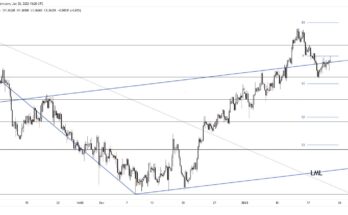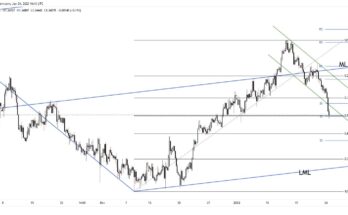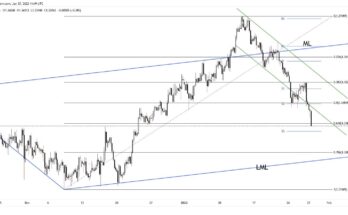The Bank of England rejected negative rates when it delivered its last stimulus package. But here are 10 reasons why it can still happen:
Here is their view, courtesy of eFXnews:
We identify 10 reasons why negative rates could end up happening in the UK:
1. The UK economy has simply become much less predictable now to rule any option out: Most economists see a quick, shallow recession – yet Carney himself admitted last week that there is no perfect way to ‘model’ the UK economy post-Brexit. Even McCafferty said he “prefers to learn as we go, providing some stimulus while using our available ammunition cautiously.â€
2. ‘Never’ is a temporary concept for central banks. What is deemed appropriate and effective in ‘exceptional’ policy has fluctuated as conditions surprise in an ‘exceptional’ way too. In 2010 ECB QE/corporate bond buying was unfeasible. In 2015 the MPC was adamant the next UK rate move would be higher; not an ultra-dovish cut with QE. Kuroda shunned negative rates in Japan just days before BOJ cut negative.
3. The MPC may be trying to rein in expectations at the moment. The MPC knows many central banks that provided too honest a forward guidance recently have suffered from disappointing markets later (e.g. ECB in December 2015, BOJ in January and Riksbank in February). We believe part of the reason why a shrewd Bank of England may want to appear so shut to even discussing negative rates may just be to avoid fueling market expectations – especially before Brexit effects become clear.
4. Negative rates can be ‘designed’ to be less painful. NIRP is not ‘one size fits all’. Theoretically, schemes can be tailored to disproportionately attribute effects among agents, depending upon desired and undesired side effects. The SNB’s negative sight deposit rate only applies to entities that hold deposits over a high exemption threshold.
5. Rate cuts seem to be a ‘powerful’ tool in the UK: Some structural factors about the UK economy suggest to us that interest rates have a faster and cleaner transmission to households than in other places.
6. QE may reach problems sooner than expected:Â As detailed in the macro section earlier, market size and operational limits of UK QE are already becoming apparent just two days into purchases.

7. High headline inflation need not exclude further rate cuts: Negative rates may be seen as a useful tool for such a ‘deflation’ setup (e.g., by Riksbank, ECB, BOJ).
8. Can fiscal easing ‘permanently fill the slack’ in the longer term? November’s UK Autumn Statement is widely expected to mark a shift from current austerity. …If fiscal policy no longer takes the pinch, BOE may have little option but to eventually fill the gap. PM Theresa May has so far welcomed higher spending, but we question the true political appetite of creating a legacy defined by deep budget deficits.
9. Negative rates may just accelerate the UK’s rebalancing: Negative rates in Switzerland/Japan were intended to prevent currency appreciation due to excessive capital inflows. This context differs from the UK – where the natural trend for GBP is already skewed to depreciation, and where there is the reverse problem of attracting inflows to fund the still large, sticky current account deficit. .
10. If all other options seem exhausted, the BOE may need to send a dovish signal: If the UK’s recession is deeper and longer than expected, the BOE may simply have few options but to open the door to further easing. It is unclear what would be more damaging for investor confidence– refraining from negative rates due to bank profitability concerns, or signaling that the central bank has run out of options. Negative rates may even be less awkward than other measures – e.g., FX interventions are frowned upon by the US Treasury.
Conclusion: We believe the arguments we make above for negative rates are still outweighed by the ample and well-understood reasons against negative rates in the UK. But the debate is certainly not as straightforward or binary as the BOE has made it to sound this week. The situation is simply too fluid for ‘never saying never’.Â
For lots more FX trades from major banks, sign up to eFXplus
By signing up to eFXplus via the link above, you are directly supporting Forex Crunch.



